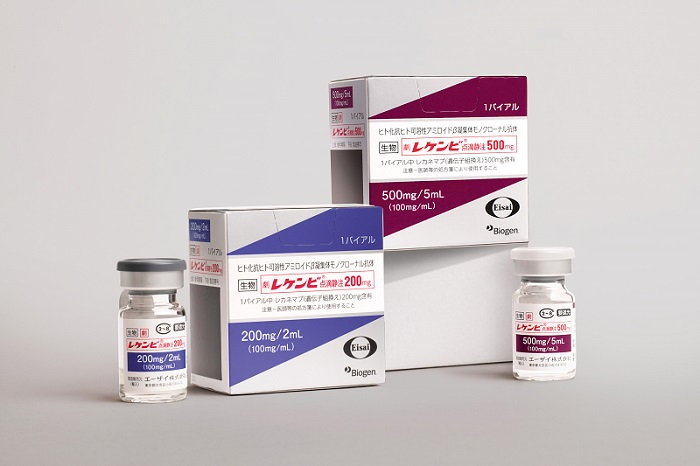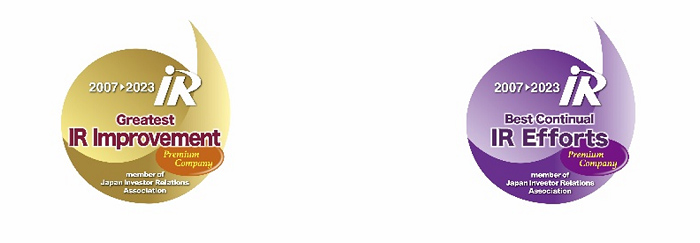news – eisai china lnc.-pg电子app
tokyo and cambridge, mass., may 27, 2024 – eisai co., ltd. (headquarters: tokyo, ceo: haruo
naito, “eisai”) and biogen inc. (nasdaq: biib, corporate headquarters: cambridge, massachusetts,
ceo: christopher a. viehbacher, “biogen”) announced today that the ministry of food and drug safety
(mfds) in south korea has approved humanized anti-soluble aggregated amyloid-beta (aβ)
monoclonal antibody “leqembi®” (lecanemab) for treatment in adult patients with mild cognitive
impairment due to alzheimer’s disease (ad) or mild ad (early ad).
leqembi selectively binds to soluble aβ aggregates (protofibrils*), as well as insoluble aβ aggregates
(fibrils) which are a major component of aβ plaques in ad, thereby reducing both aβ protofibrils and aβ
plaques in the brain. leqembi is the first and only approved treatment shown to reduce the rate of
disease progression and to slow cognitive and functional decline through this mechanism. south korea
is the fourth country to grant approval, following approvals in the u.s., japan, and china.
it is estimated there were approximately 900,000 dementia patients in south korea in 2021,1 with one
in ten people over the age of 65 suffering from dementia, and one in five from mild cognitive impairment
(mci). the average annual nursing care and medical costs per dementia patient is estimated to be
21.1 million krw, while the cost for patients with severe dementia reaches 33.1 million krw.
eisai serves as the lead of leqembi development and regulatory submissions globally with both eisai
and biogen co-commercializing and co-promoting the product and eisai having final decision-making
authority. in south korea, eisai korea inc. will distribute the product and conduct information provision
activities. eisai is committed to working together with healthcare professionals and other stakeholders
to realize the early diagnosis and treatment of ad.
* protofibrils are believed to contribute to the brain injury that occurs with ad and are considered to be
the most toxic form of aβ, having a primary role in the cognitive decline associated with this
progressive, debilitating condition. protofibrils cause injury to neurons in the brain, which in turn, can
negatively impact cognitive function via multiple mechanisms, not only increasing the development
of insoluble aβ plaques but also increasing direct damage to brain cell membranes and the
connections that transmit signals between nerve cells or nerve cells and other cells. it is believed the
reduction of protofibrils may prevent the progression of ad by reducing damage to neurons in the
brain and cognitive dysfunction.



